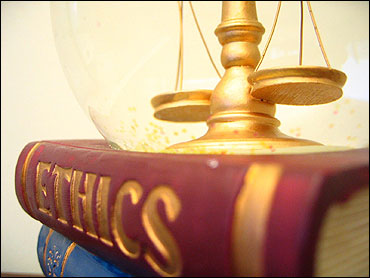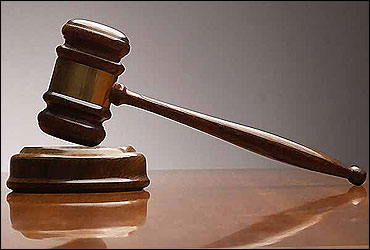Santosh Tiwari in New Delhi
With growing clamour for transparency and ethics in governance, the Centre has asked states to put in place a code of ethics for ministers and other elected representatives.
States have been advised to appoint financial advisors or set up an empowered committee with financial experts to oversee major spending decisions.
Also, all departments should have ethics officers, the Centre has told states.
These measures are part of a 16-point agenda approved by Prime Minister Manmohan Singh that was circulated to the states in mid-June. The prime minister is slated to chair a high-level meeting on governance.
The 16 points include fast-track permission for prosecution of officials in corruption cases, proactive vigilance measures and introduction of rule-based governance. An analysis of property returns of officials is also proposed.
Click on NEXT for more...
Centre wants states to draft code of ethics for ministers
The setting up of a special Central Bureau of Investigation court and Lokayukta is also proposed.
The Centre also wants the states to cleanse the system of recruitment and prescribe procedures for appointments to state public service commissions.
It has also called for implementation of the Hota committee recommendations on early completion of disciplinary proceedings against officials.
At the same time, the agenda stresses protection to officials in cases of action taken in good faith and security of tenure.
It also suggests steps to avoid undue harassment of officials, including giving the official concerned an opportunity to be heard.
Click on NEXT for more...
Centre wants states to draft code of ethics for ministers
The Prevention of Money Laundering Act should be used only in exceptional and blatant cases of corruption, it says.
The agenda points out that the current appraisal system needs to include assessment of merit and integrity of officials.
Focussed attention on organisations with a bad reputation or which involve patronage and impact a large number of people, such as the property tax department and the registration and transport authority, has been mentioned as one of the priority areas.
Social audit, reducing discretion and decision-making levels, and a policy for addressing cadre-related problems in the North East in consultation with the states are also part of the agenda.





article